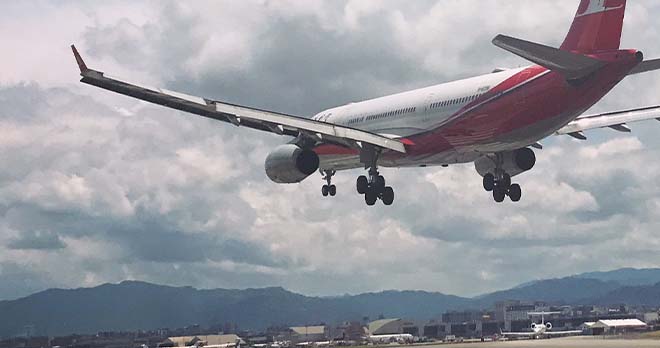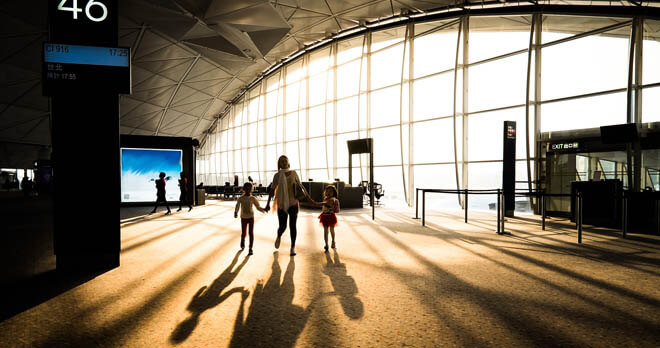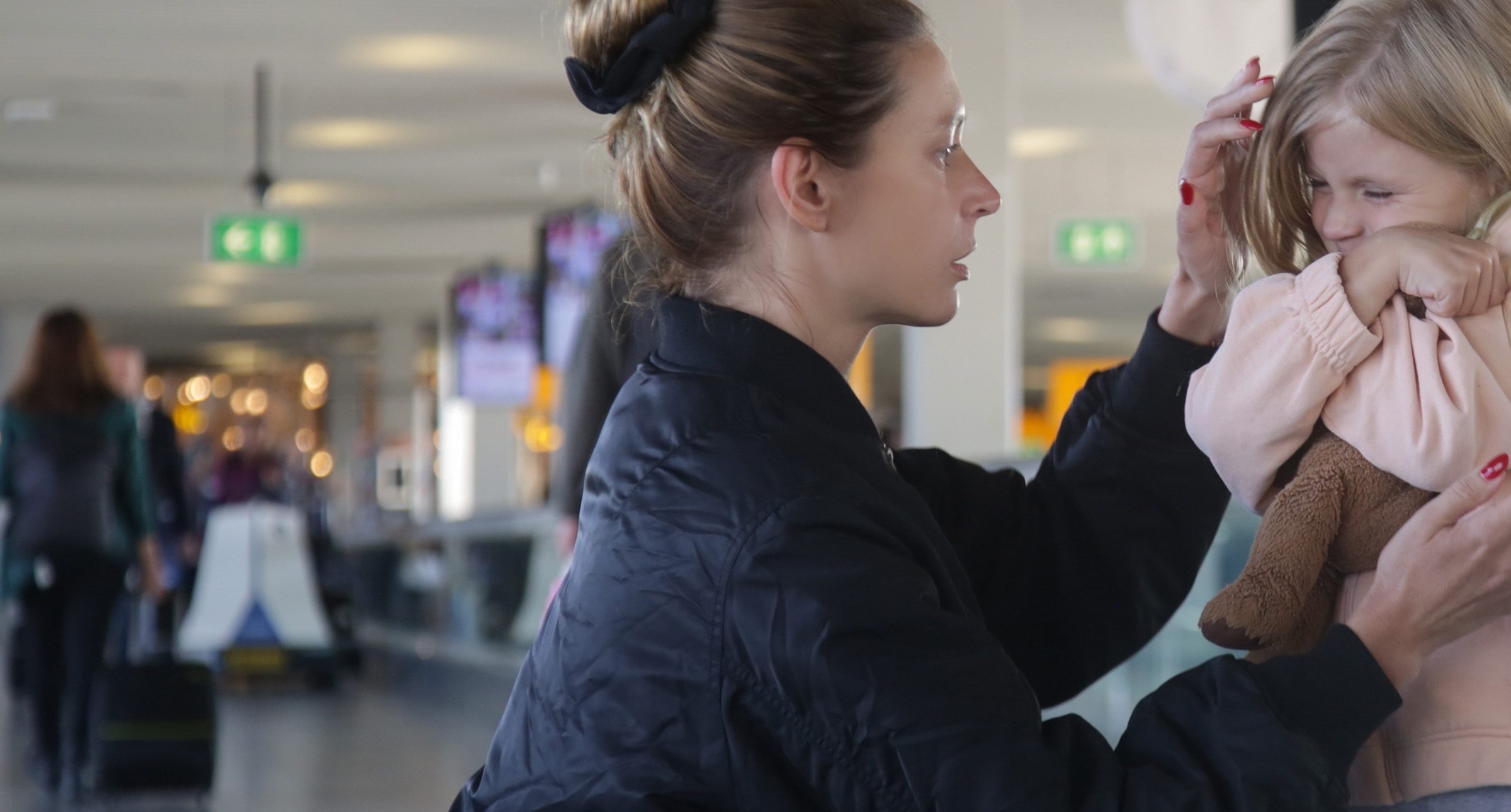International child abduction – what you need to know about the law and your rights

Child abduction is a complex area of law, especially when it concerns international borders.
If a parent removes a child from the home or country of residence without the permission of the other parent or a Court Order, then this is regarded as a criminal offence in the UK.
If you believe that child has been removed from their home country then it is important to act quickly by seeking professional advice. In this guide we will explain some of the most common questions and concerns that we encounter when dealing with international child abduction.
We can also advise you if you are entitled to Legal Aid (also known as Public Funding). Living abroad does not prevent a person applying for public funding, and for the left behind parent public funding is usually automatically available, irrespective of merit or wealth.
Even if you are the abducting parent, you are entitled to apply for public funding but your means will be assessed and you cannot expect to received public funding automatically.
It is important to remember that a UK resident can take a child abroad for up to 28 days if there is a Residence Order in their favour or a Child Arrangements Order when the resident is named as the person with whom the child is to live.
However if a child is removed to another country without permission or Court Order then that other country can order the child to be returned provided that the other country is a signatory to the Hague Convention on Child Abduction.
Discover more by reading the questions below, or alternatively speak to an expert from our international child abduction team who can help you to understand the many ways that we can help.
Call our international family team today
What should do if my child has been taken abroad without my consent?
Legal advice should be taken immediately. Once it has been considered that a child is habitually resident here in the UK, there are two important steps to take.
First, if the destination country is known, an immediate application should be made to the International Child Abduction and Custody Unit (“ICACU”) who are the central authority for England and Wales.
Second, even if the destination country is not a signatory, you should consider making an application to the High Court for Orders seeking the return of the child or children to England and Wales.
Some countries are not able to process applications for the return as swiftly as others and alternative orders in this country may also be able to be enforced in those countries.
Should I travel abroad to get my child back myself?
The Hague Convention on the Civil Aspects of International Child Abduction or Hague Abduction Convention is a multilateral treaty developed by the Hague Conference on Private International Law (HCCH) that provides an expeditious method to return a child internationally abducted by a parent from one member country to another.
It is not normally advised that a parent should travel to collect their child or children unless it is with the consent of the destination country’s courts.
The primary intention of the Convention is to preserve whatever status quo child arrangement existed immediately before an alleged wrongful removal or retention thereby deterring a parent from crossing international boundaries in search of a more sympathetic court. The Convention applies only to children under the age of 16.
The convention requires the return of a child who was a “habitual resident” in a contracting party immediately before an action that constitutes a breach of custody or access rights. The convention provides that all contracting states, as well as any judicial and administrative bodies of those contracting states, “shall act expeditiously in all proceedings seeking the return of a children” and that those institutions shall use the most expeditious procedures available to the end that final decision be made within six weeks from the date of commencement of the proceedings.
The provisions are very technical in nature. We can help you locate your child or children in this country and apply to the court for their immediate return.
How do I apply for the return of my child back to their home?
Each country that is a signatory to the Hague Convention will have a department known as a Central Authority to which a left behind parent submits an application to the Central Authority of the home country. They will then submit it to the destination country’s equivalent.
In England and Wales, this will be the International Child Abduction and Custody Unit (“ICACU”). For incoming requests, ICACU will then instruct a firm of solicitors, such as RWK Goodman, to assist you. There are a number of Firms on ICACU’s list of recognised specialists. You are at liberty to request a specific firm of Solicitors if they are on that list, if you wish.
Those solicitors will then apply for public funding, locate the child or children, issue proceedings and arrange for the removing parent to attend court.
If necessary, they can also ask the court to seize passports and travel documents.
Defending an application to return a child to another country
The Convention limits the defences against return of a wrongfully removed or retained child. To defend against the return of the child, the Respondent (the removing parent) must establish on the balance of probability:
(a) that Applicant (or left behind parent) was not “actually exercising custody rights at the time of the removal or retention” under Article 3; or
(b) that Applicant “had consented to or acquiesced in the removal or retention” under Article 13; or
(c) that more than one year has passed from the time of wrongful removal or retention until the date of the commencement of judicial or administrative proceedings, under Article 12; or
(d) that the child is old enough and has a sufficient degree of maturity to knowingly object to being returned to the Petitioner and that it is appropriate to heed that objection, under Article 13; or
(e) that “there is grave risk that the child’s return would expose the child to physical or psychological harm or otherwise place the child in an intolerable situation,” under Article 13(b); or
(f) that return of the child would subject the child to violation of basic human rights and fundamental freedoms, under Article 20.
The Court in this country is very strict, particularly with regard to the grave risk and intolerable situation. They will seek, if possible, something called protective measures from the country of origin and the left behind parent to reduce any risk to the child.
Those protective measures can include not pursuing any criminal or civil punishment of the abducting parent, restraining orders, financial support or anything that will provide the child with a “soft landing”.
Again, these defences are very technical in nature. We have the expertise to help you navigate and present the your best case.
Seeking contact/access with a child in this country
Article 21 of the Hague Convention makes provision for the assistance to be provided with the acquisition of the organising and protecting of rights of access. Public funding is available and is dealt with the same as an abduction case, that is the public funding is non means and non-merits based. The proceedings will usually be commenced in the High Court.
The principles that apply to such an application are the same as any application under the Children Act, 1989, the law in this country that usually governs the welfare of children.
The Act requires the courts to consider the welfare of the child or children as the paramount consideration.
Contact our specialist family solicitors today








